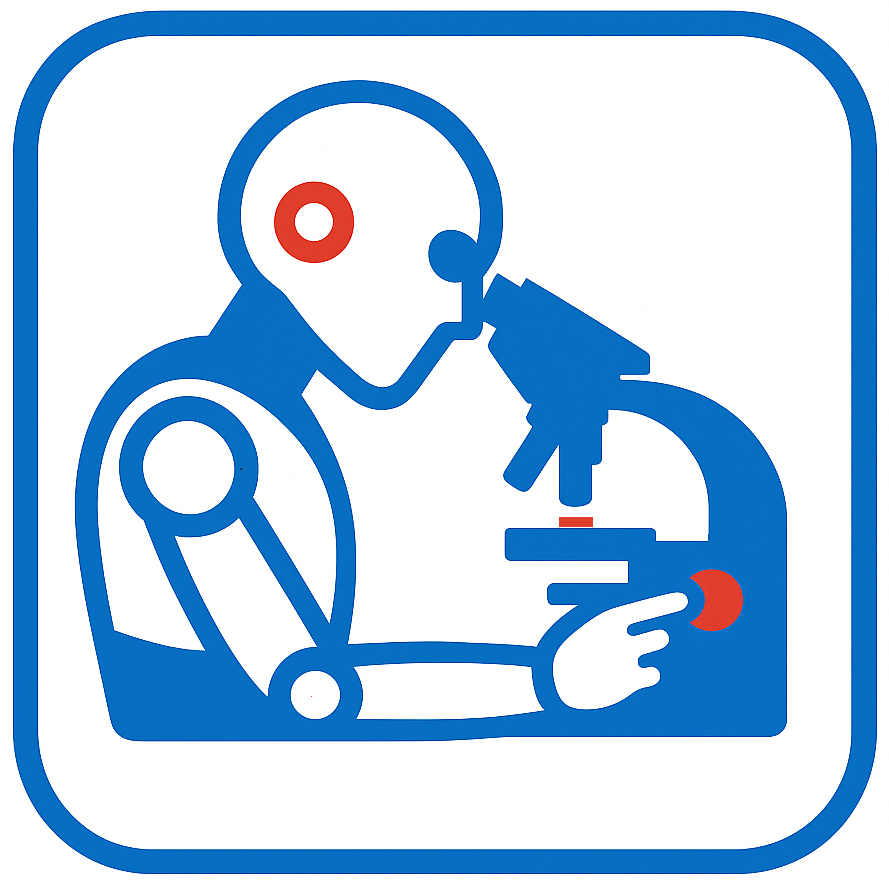

Small devices, big implications. Two compact AI tools are making headlines: a stethoscope that flags heart failure, valve disease, and abnormal rhythms in ~15 seconds, and a smartphone fundus camera that screens for glaucoma offline. Here’s what the evidence shows—and how these tools could slot into care pathways.
An AI-enabled stethoscope trial presented at the European Society of Cardiology reported detection signals for heart failure, atrial fibrillation, and heart valve disease after a ~15-second exam. In primary care settings across ~200 UK GP surgeries, patients examined with the tool were more likely to receive these diagnoses compared to similar patients without it (The Guardian; British Heart Foundation).
Why it matters: These are high-burden conditions where earlier identification changes outcomes. The device captures heart sounds and a rapid ECG, sending data for AI analysis and returning a risk signal to a clinician’s phone (Guardian overview). Notably, researchers caution against routine use in healthy populations and stress confirmatory testing to manage false positives (BHF note).
In a prospective study from LV Prasad Eye Institute (Hyderabad), an offline AI model integrated with a smartphone-based, non-mydriatic fundus camera achieved ~92% accuracy (sensitivity ~91%, specificity ~94%) for referral-warranted glaucoma—benchmarked against specialist diagnosis. Performance rose with disease severity and remained solid in early stages (PLOS ONE study).
Why it matters: Glaucoma is a leading cause of irreversible blindness, often asymptomatic until late stages. Portable screening that works offline could expand reach in community clinics and rural programs (study; news coverage).
Such platforms aim to make lab results easier to understand. They summarize key findings, outline possible implications, and suggest questions to bring up with your doctor. They don’t diagnose or replace clinicians—rather, they make your next appointment more informed and efficient.
Some also pair this with a dedicated, medical-only AI chat, focused strictly on health topics. This narrower scope helps keep answers on-topic and reinforces safety boundaries. ai-labtest.com is one example.
Medical disclaimer: The tools described here are for information and education. They are not medical devices and do not provide diagnoses or treatments. Always seek professional advice for urgent or serious concerns.
AI That Explains Your Blood Test Reports